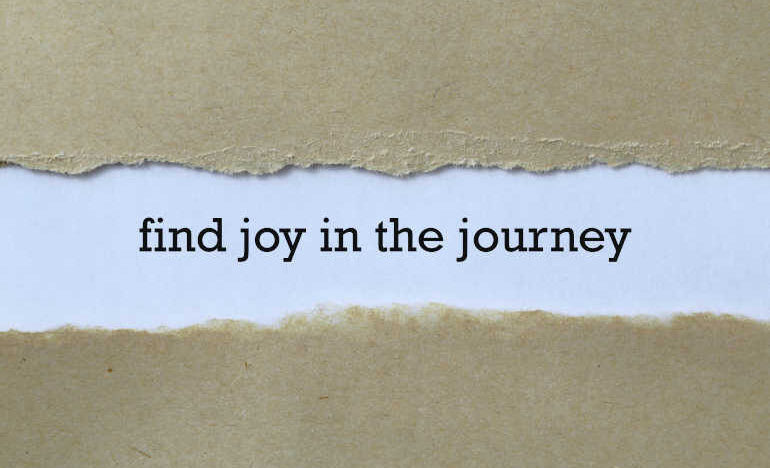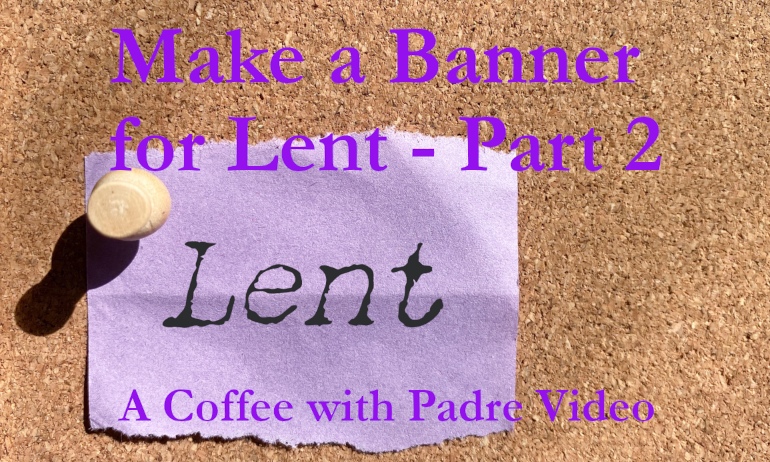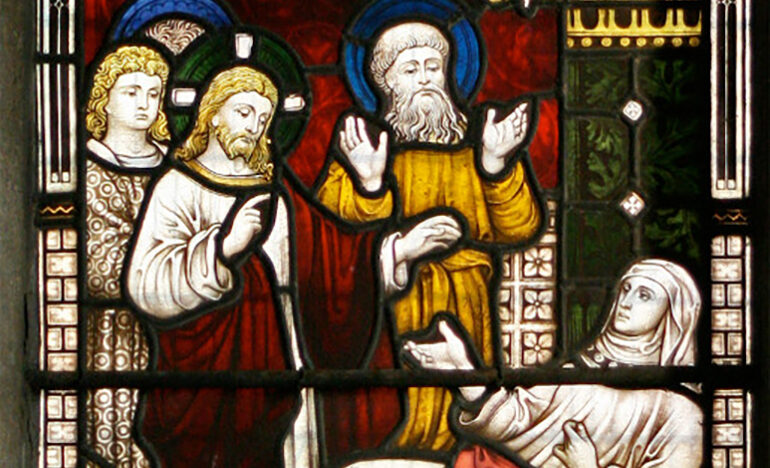Joy in the Buddhist and Christian Traditions

By Kathy Keary
Part 12. Read all the parts of the Jesus and Buddha series here.
As we continue our discussion of the Brahma-viharas, we turn our focus to the state of mind of mudita (joy) addressing this attribute from both a Buddhist and Christian viewpoint.
The article, “Four Immeasurables,” describes mudita as a “genuine ability to rejoice and delight in the happiness, success, and good fortune of others. With this sublime Joy we are able to truly appreciate and be inspired by the positive qualities and virtuous deeds of others.”
Joy alleviates attitudes that create division such as envy, jealousy, aversion, self-centeredness, and dualistic views. This characteristic is to extend to all sentient beings without exception.
One Mind Dharma points out in the article, “The Four Brahma Viharas,” that generally people have a tendency to under-appreciate their own joy perhaps expressing that they don’t deserve it or know that it won’t last. Many are unaware of their joy.
Note: Never miss an article published on the Renewal Center website: Sign up to receive our newsletters
Mudita encourages one to appreciate the impermanence of joy and to rejoice in the fleeting experience of it. This state of mind is nurtured by habitually setting the intention to be present to joy. The article elaborates, “Mudita meditation, when practiced over time, opens the heart to the joy in and around us. We begin to see more joy, and really find ourselves stopping to enjoy it.”
In his book, No Time Like the Present: Finding Freedom, Love, and Joy Right Where You Are, the Buddhist meditation teacher, Jack Kornfield reminds us that the Buddha emphasized the need to find joy everywhere preaching:
Live in joy, in love,
even among those who hate.
Live in joy, in health,
even among the afflicted.
Live in joy, in peace,
even among the troubled.
Free from fear and attachment,
know the sweet joy of the Way.
In her book, Buddhism for Healing: Practical Meditations, Mantras, and Rituals for Balance and Harmony, Terry Cortés-Vega, offers a daily morning meditation that cultivates joy. The steps are as follows:
- Close your eyes. Take a deep breath in releasing it with a sigh. Notice your body sinking into the chair or cushion.
- Continue to deep breathe.
- Then become aware of thoughts fluttering around in your mind like butterflies.
- Imagine all the butterflies escaping through an open window bringing mental stillness and calm.
- Imagine a cool breeze flowing in the window soothing your body and mind. You feel relaxed, safe, and at peace.
- Allow the sunlight that enters through the window to fill your mind with light. Note the magical quality of your quiet, open, light-filled mind. Savor the feeling of peace.
- Be aware of the healing light caressing your skin permeating every cell in your body. Imagine yourself shimmering with light and radiating joy.
- Gently bring yourself back to your breath, your body, to the chair beneath you, and to the room.
- Proceed with your day aware that your mind is working on your behalf for joy and ease.
The website, Compelling Truth, addresses joy from a Christian perspective reminding us that joy is a fruit of the Holy Spirit. It is described as “a deep-seated sense of happiness in what God has done and what He is doing… Joy is a grace bestowed on us by God.”
Recognizing that God is in control and loves us allows us to retain joy in the midst of hardship. We are reminded of the goodness of God when we release our burdens to Jesus who extends an invitation to us: “Come to me, all who labor and are heavy laden, and I will give you rest” (Matthew 11:28).
As Compelling Truth points out, St. Paul was no stranger to adversity, but at the same time, he was prolific on the topic of joy. In his letter to the Philippians, he writes:
Rejoice in the Lord always; again I will say, rejoice.… The Lord is at hand; do not be anxious about anything, but in everything by prayer and supplication with thanksgiving let your requests be made known to God. And the peace of God, which surpasses all understanding, will guard your hearts and your minds in Christ Jesus.
In Jesus’ analogy of the Vine and the Branches, he tells us that his joy will be in us and will be complete if we remain in his love by keeping his commandments (John 15: 1-11). In his book, John: A Devotional Commentary, Joseph Mindling, OFM points out that often we try to take the pruning shears into our own hands, “but this will never help us get to the deeper kinds of heart changes that God wants to work in us.” We experience new life when we cooperate with God as he tends to the vine. Mindling explains: “When God works in someone’s life, that person shines like a star in the midst of a darkened world.”
New articles in this series are posted to the website every Monday.
This full series can be found here: An Invitation to Something New: The Contemplative Life. On Thursday’s we’ll send an email to remind you of the articles.
Compelling Truth also instructs that we glean joy from community. As stated in Ecclesiastes: “Two are better than one, because they have a good reward for their toil. For if they fall, one will lift up his fellow” (Ecclesiastes 4: 9,10a).
The parables of the lost coin, the lost sheep, and the lost son illustrate the joy that will be celebrated in heaven when a sinner repents: “There will be more joy in heaven over one sinner who repents than over ninety-nine righteous people who have no need of repentance” (Luke 15:7).
We have only scratched the surface of joy as presented in both Buddhism and Christianity. Stay tuned for next week when we will delve into the fourth Brahma-Vihara, equanimity, from the perspective of both faith traditions.
References
“Appreciative Joy (Mudita).” Four Immeasurable, 2021. https://brahmaviharas.net
Cortes-Vega, Terry. Buddhism for Healing: Practical Meditations, Mantras, and Rituals for Balance and Harmony. Emeryville, California: Rockridge Press, 2020.
“Joy.” Compelling Truth. www.CompellingTruth.org. 2011-2021.
Kornfield, Jack. No Time Like the Present: Finding Freedom, Love and Joy Right Where You Are. New York, NY: Atria Books, 2017.
Mindling, Joseph A, OFM. John: A Devotional Commentary. Ijamsville, Maryland: The Word Among Us Press, 2000.
“The Four Brahma Viharas.” One Mind Dharma. https://oneminddharma.com/brahma-viharas.
Image above is photo 168148430 © Adonis1969 | Dreamstime.com
[Kathy Keary, a Precious Blood Companion and spiritual director, holds a master’s degree in theological studies and is a graduate of the Atchison Benedictine’s Sophia Center’s Souljourners Program, an intense study of spirituality and spiritual direction. Kathy believes that the divine is present and active in all of life and encourages others to be awakened to the God in all including the divine within. She enjoys accompanying others on their journey to wholeness discovering the person they were created to be.]
We’d Like to Hear From You!
We’d like to know what you think about this article. Send us a comment using the form below. Do you have a suggestion? Is there something you want to learn more about? Send us a note.
Related

Making a Banner for Lent Part 2
A Coffee with Padre Video
Fr. Timothy finishes his Lenten banner and continues his reflections on how colors and materials become potent symbols that bring the Lenten season alive. The final banner serves as a visual reminder of our spiritual journeys.

Lent Video Four — Guided Meditation: ‘Traveling in the Dust of the Rabbi’
In this video, Fr. Ron reads the Gospel, Mark 1:29-34, for you and then leads you through a guided meditation, taking you deeper into that story. He calls this experience “an example of traveling in the dust of the rabbi.”
Categories
Assembling God's Puzzle Coffee with Padre Cooking & Spirituality Encounters of the 4th Kind Family Matters Reflections on the Eucharsitic Prayers Spiritual Resources Taize Prayers The Contemplative Life Traveling with Pilgrims of Hope Uncategorized Videos Week of Prayer for Uhristian Unity When you need a little help
